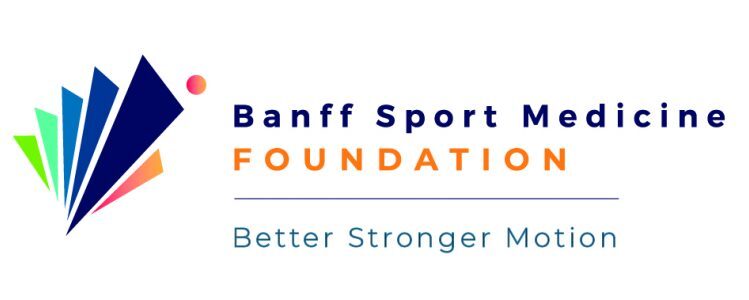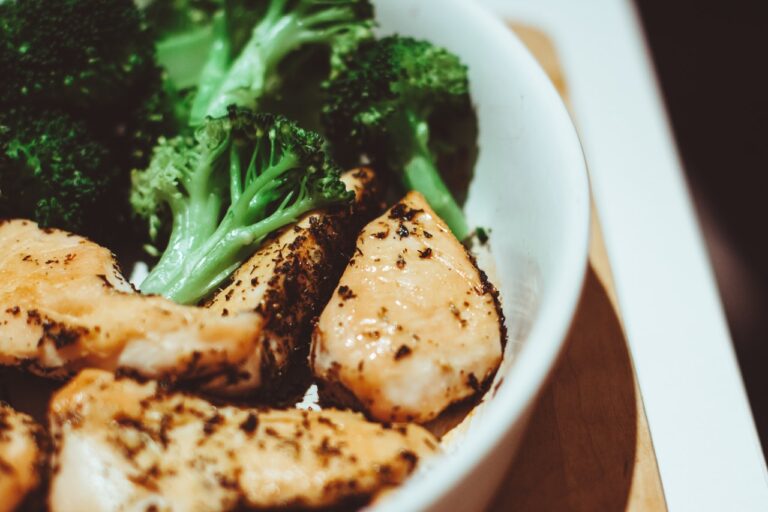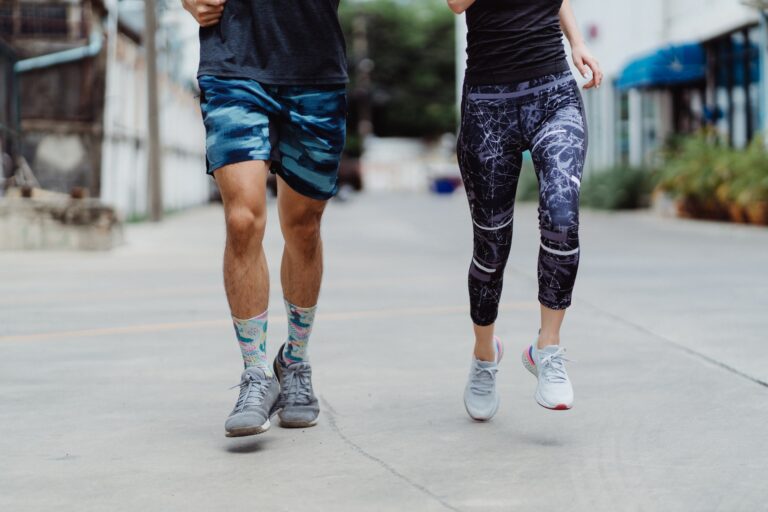Caffeine, the buzz is real
Banff Sport Medicine Physician, Dr Andy Reed, discusses some of the benefits of caffeine in his latest Bow Valley Crag & Canyon article.
In my last column, I discussed the benefits of sleeping like a champion, and mentioned that sleep is one of the best and cheapest performance enhancers around!
Today, I’m writing about caffeine, another fantastic, widely available, cheap and at times tasty performance enhancer, that I’d quite honestly struggle to live without!

Like me, I am sure that many of you begin your day with coffee.
It’s estimated that over 90% of humans consume caffeine in one form or another daily. It’s been in use for thousands of years.
It has been reported that Ethiopians used balls of fat infused with caffeine before long marches for the ergogenic benefits and a goat herder in ancient times reportedly noticed that his goats ran around more vigorously when they consumed certain beans!
In 1907, the first scientific paper was published suggesting that caffeine could be used to enhance strength and endurance. Caffeine was even on the World Anti-Doping Agency banned list until 2004.
How does caffeine work?
The exact mechanism of action has been debated for years.
It was originally suggested that caffeine worked by mobilizing fatty acids. Essentially, the theory suggested that caffeine stimulates the breakdown of fats in the body more readily to use for energy during exercise, sparing muscle stores of glycogen (fuel) allowing us to exercise for longer.
More recent studies, however, suggest that the mechanism is more likely due to caffeine’s antagonistic or blocking effects on the chemical adenosine.
Adenosine Triphosphate (ATP) has been described as our “cellular currency”.
We store ATP within all of our cells, and when energy is needed, ATP is broken down.
In simplistic terms, adenosine is a by product of ATP breakdown, so as we exercise and use up our ATP stores, adenosine levels rise.
Adenosine also accumulates over the course of a day, and has effects on neurotransmitters like Dopamine, Adrenaline and Glutamate.
Rising adenosine levels lead to feelings of fatigue, drowsiness and lethargy.
Caffeine blocks these effects, and can reduce the sensation of fatigue and tiredness leading to more alertness.
Last but not least, it comes as no surprise that many pain killers contain caffeine, since it has also been shown to have pain relieving properties!
What are the effects of caffeine on athletic performance?
Numerous studies over the years have examined the effects of caffeine on athletic performance, and they are mostly very positive.
It appears that most people will experience a performance bump of around 2.5% when they consume between 3 and 6mg per kg of body weight, taken an hour before exercise.

While most of the work has looked at endurance exercise, there is also research showing benefits in terms of speed, muscle power, jump performance and anaerobic performance. It’s worth noting that these studies all use carefully measured doses of caffeine in tablets or powders, as the dose of caffeine in coffee, bars and gels is quite variable.
In practical terms, 3-6mg/kg is approximately equivalent to around 2 cups of coffee for a 70kg person, though the type of bean and brewing method can certainly lead to big differences.
Unfortunately a lot of the published data is not of the greatest quality, and most research has looked at younger athletes, mostly male cyclists.
Females and older individuals have been left a bit in the dark by the published research, and it has been shown that factors such as oral contraceptive use and phase of the menstrual cycle can affect caffeine’s effectiveness, and that older individuals may not respond as well.
Does caffeine work for everyone?
I think it is also important to realize that not everyone responds to caffeine, and in fact we know that up to 30% of people respond negatively.
Several genes have been identified that can help to predict your individual response to caffeine, and testing is becoming more widely available. We know that some people are very sensitive to the effects of caffeine, others much less so; and some of us just simply break down caffeine rapidly, negating most of the benefits.
It’s also worth noting that poor sleep, gastrointestinal upset, jitteriness and feelings of anxiety are possible side effects if caffeine consumption is not managed properly. Remember my last column and the undoubted benefits of sleep?
If some of the benefits of caffeine are offset by poor sleep and feelings of anxiety which can accompany higher doses of caffeine, it’s hardly going to improve your race day performance.

We probably tend to self-select, meaning that those who are genetic non-responders or who get adverse effects are probably skipping that morning coffee already!
Should you get a genetic test? I don’t think we are there yet, more work is needed, and I believe that most people are able to determine if they are a responder or not by simply observing their own feelings after coffee.
Habitual users of coffee like me, may also have a somewhat blunted response to the usual doses of caffeine needed to enhance performance, and some research has shown that cutting back as one approaches race day will basically reset the system, and we’ll get the desired performance boost when we knock back those two coffees on race morning!
Expert Contributor

Dr Andy Reed, Banff Sport Medicine Physician and ultrarunning M.D.






